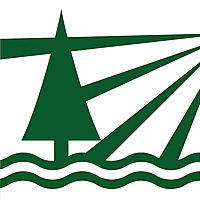Operator Splitting Methods and Software for Convex Optimization
Engineering research seminar with Paul Goulart, Associate Professor, University of Oxford.
Zoom link
Meeting ID: 968 4508 7559
Passcode: 070570
Convex optimization problems appear in a huge range of applications in engineering, operations research, finance and other areas. Although numerical methods for convex optimization have been the subject of extensive research for decades, modern applications call for new techniques and software tools. At one extreme, real-time applications rely on fast numerical computation using embedded devices with limited capability, e.g. in control and robotics. At the other, applications exploiting the availability of big data demand the solution to very large scale optimization problems, e.g. in machine learning and in planning for the transportation and energy sectors.
This talk will present a general purpose solution method for convex optimization problems with quadratic objectives based on the alternating direction method of multipliers (ADMM). We employ a novel operator splitting technique that requires the solution of a quasi-definite linear system with the same coefficient matrix in each iteration. Our algorithm is very robust, highly scalable, and places no requirements on the problem data such as positive definiteness of the objective function or linear independence of the constraint functions. For large-scale semidefinite programs (SDPs), we also employ decomposition strategies based on identifying chordal sparsity in the problem data to split large constraints into multiple smaller ones.
We have implemented this method in the open-source C language solver OSQP for quadratic programs and in the Julia language solver COSMO for general conic problems. These solvers are free and open-source, significantly faster than competing off-the-shelf commercial solvers for many problems, and are widely used in the finance, engineering, robotics and research sectors worldwide.
